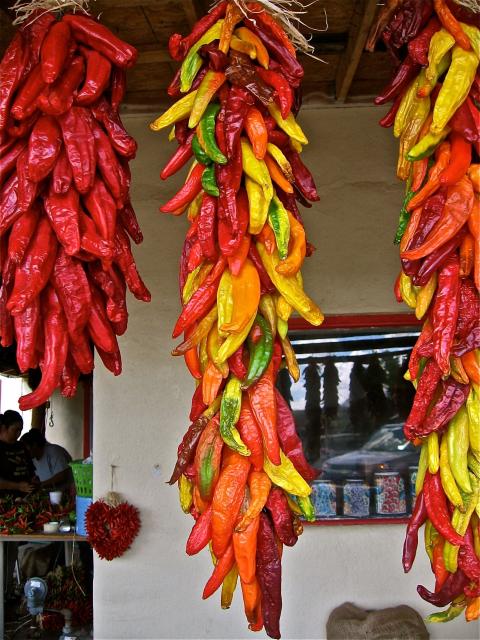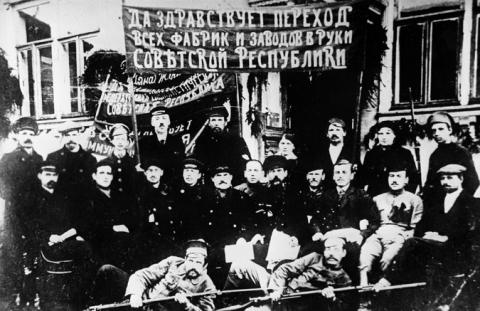Hot Stuff: Spicy Foods and the Compelling Chemistry of Chemesthesis
Cook's Science

There are at least 200 compounds contributing to the flavor of chiles and they all have a different effect. Capsaicin is the most common, first to be discovered, and hottest of the capsaicinoid family, but every chile contains a somewhat different mix of capsaicin, dihydrocapsaicin, nordihydrocapsaicin, homodihydrocapsaicin, nornordihydrocapsaicin, and quite a few others.








Spread the word